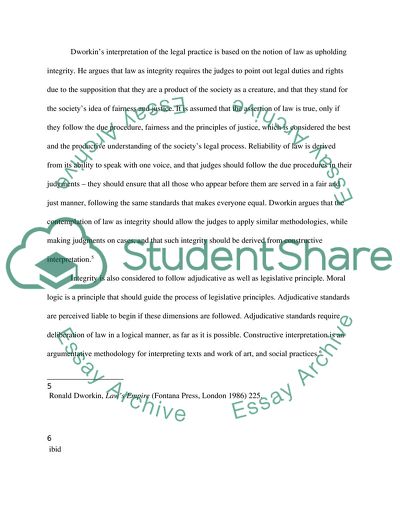Cite this document
(Ronald Dworkins Legal Theory Case Study Example | Topics and Well Written Essays - 2250 words, n.d.)
Ronald Dworkins Legal Theory Case Study Example | Topics and Well Written Essays - 2250 words. Retrieved from https://studentshare.org/law/1592850-jurisprudence-ronald-dworkins-legal-theory
Ronald Dworkins Legal Theory Case Study Example | Topics and Well Written Essays - 2250 words. Retrieved from https://studentshare.org/law/1592850-jurisprudence-ronald-dworkins-legal-theory
(Ronald Dworkins Legal Theory Case Study Example | Topics and Well Written Essays - 2250 Words)
Ronald Dworkins Legal Theory Case Study Example | Topics and Well Written Essays - 2250 Words. https://studentshare.org/law/1592850-jurisprudence-ronald-dworkins-legal-theory.
Ronald Dworkins Legal Theory Case Study Example | Topics and Well Written Essays - 2250 Words. https://studentshare.org/law/1592850-jurisprudence-ronald-dworkins-legal-theory.
“Ronald Dworkins Legal Theory Case Study Example | Topics and Well Written Essays - 2250 Words”. https://studentshare.org/law/1592850-jurisprudence-ronald-dworkins-legal-theory.


